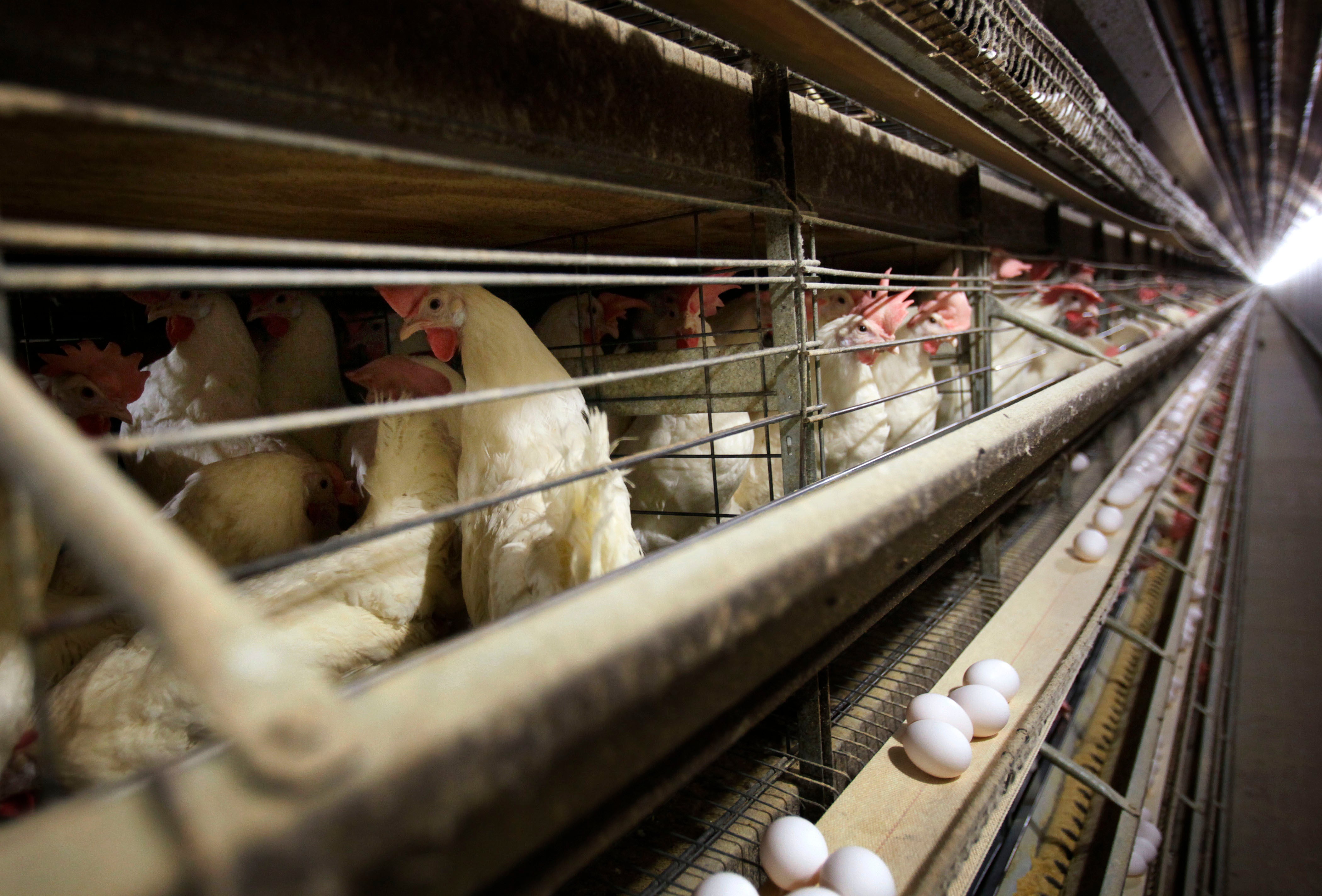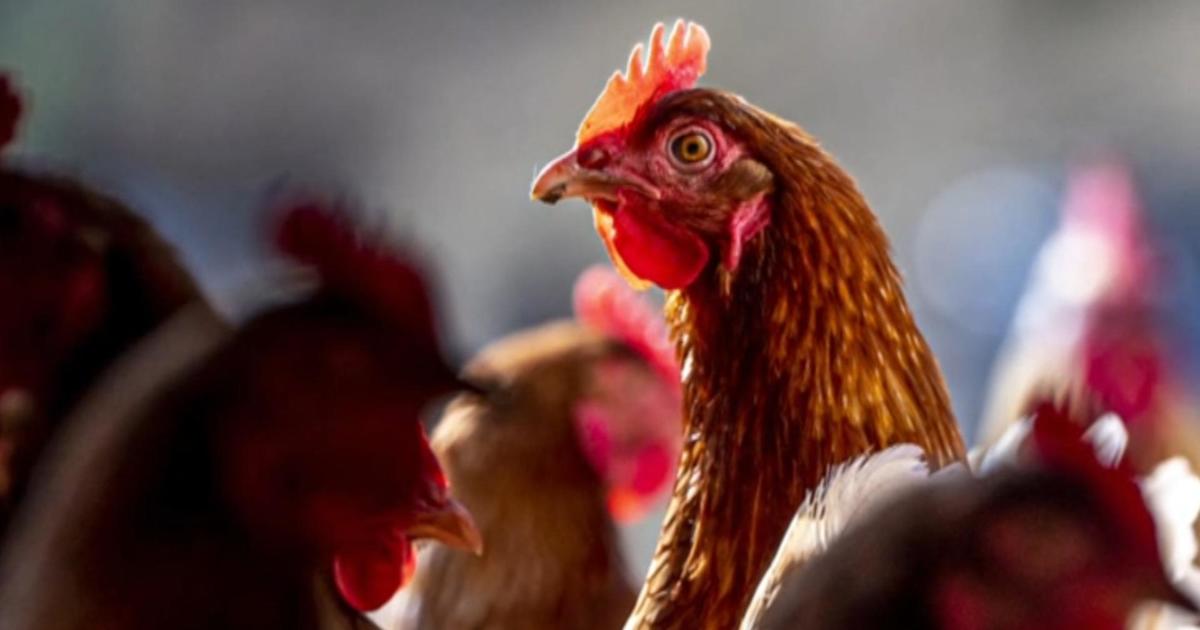Avian Influenza Outbreak

Colorado bird flu – Colorado is currently experiencing an outbreak of highly pathogenic avian influenza (HPAI) H5N1, a highly contagious viral disease that affects both domestic and wild birds. The outbreak was first detected in a commercial turkey flock in Weld County in March 2023 and has since spread to multiple poultry farms across the state.
Timeline of the Outbreak
The timeline of the outbreak is as follows:
- March 2023: HPAI H5N1 is detected in a commercial turkey flock in Weld County.
- April 2023: The virus spreads to additional poultry farms in Weld, Larimer, and Morgan counties.
- May 2023: The outbreak continues to spread, with new cases reported in Adams, Arapahoe, and Douglas counties.
- June 2023: The outbreak reaches its peak, with over 1 million birds infected and culled.
- July 2023: The outbreak begins to decline, with the number of new cases decreasing.
- August 2023: The outbreak is declared over.
Impact on the Poultry Industry and Economy
The outbreak has had a significant impact on Colorado’s poultry industry and economy. The culling of over 1 million birds has resulted in a loss of over $1 billion in revenue for the industry. The outbreak has also led to job losses and disruptions in the supply chain.
Biosecurity Measures: Colorado Bird Flu

In response to the avian influenza outbreak in Colorado, the state has implemented a comprehensive set of biosecurity measures to prevent and control the spread of the virus. These measures are designed to protect poultry flocks and reduce the risk of transmission to humans.
The biosecurity measures include:
Poultry Farmers
- Restricting the movement of poultry and poultry products.
- Isolating infected flocks and implementing quarantine measures.
- Enhancing cleaning and disinfection protocols for poultry facilities.
- Implementing rodent and pest control measures.
- Training poultry farmers on biosecurity best practices.
Backyard Flock Owners
- Keeping flocks indoors or in covered enclosures.
- Minimizing contact between backyard flocks and wild birds.
- Practicing good hygiene and disinfection when handling poultry.
- Reporting any signs of illness in poultry to the state veterinarian.
The effectiveness of these biosecurity measures in mitigating the avian influenza outbreak in Colorado is still being evaluated. However, preliminary data suggests that these measures have been successful in reducing the spread of the virus.
Public Health Implications

The avian influenza outbreak poses significant public health risks. The virus can spread from infected birds to humans through contact with their respiratory secretions, feces, or contaminated surfaces. Human infection can cause severe respiratory illness, ranging from mild symptoms like fever and cough to severe pneumonia and even death.
To minimize the risk of human infection, it is crucial to practice good hygiene and avoid contact with infected birds or their bodily fluids. Thorough handwashing with soap and water, especially after handling poultry or visiting poultry farms, is essential. Avoid touching your eyes, nose, or mouth after potential exposure. Additionally, properly cooking poultry and eggs to an internal temperature of 165°F (74°C) can kill the virus.
Surveillance and Testing, Colorado bird flu
Surveillance and testing play a vital role in monitoring the spread of the virus and protecting public health. By tracking the occurrence of the virus in birds and humans, health authorities can identify areas of concern and implement appropriate control measures. Testing is crucial for diagnosing human infections and guiding treatment decisions.